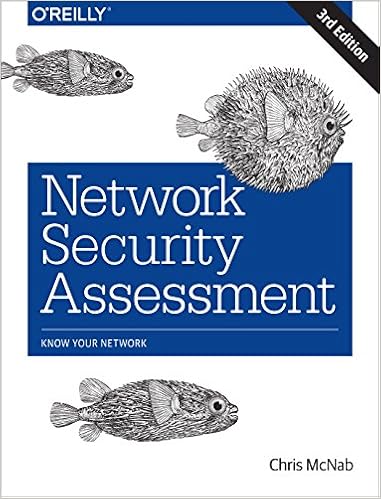Evan Grant, a researcher at network security scanning company Tenable, recently decided to have a go at hacking a home router.
The idea, it seems, was more to learn about the general techniques, tools and procedures available to router hackers than to conduct a security assessment of any particular product.
Understandably, therefore, Grant picked a router model using two non-technical criteria: was it popular, and was it available in Canada (Grant’s home country)?
After opening up the router casing to get access to the circuit board, Grant made good progress, by quickly:
- Finding likely pins on the circuit board where a debugging device could be connected.
- Identifying the correct wiring for the debugging circuity to permit a serial connection.
- Getting a root shell via a serial line and accessing the files on the device.
Grant’s first stop was to download a binary file (executable program) called httpd, which is the name under which you typically find a home or small business router’s web server, used for managing the device from a browser.
The name httpd stands for HTTP daemon, where HTTP means that the program handles web traffic, and daemon is the Unix/Linux name for what Windows users know as a service: software that runs in the background whether anyone is logged in or not. (The word daemon is properly pronounced “die-moan” or “day-moan”, but many sysadmins just call them “demons”, and you may need to follow suit to avoid causing confusion.)

Network Security Assessment: Know Your Network




